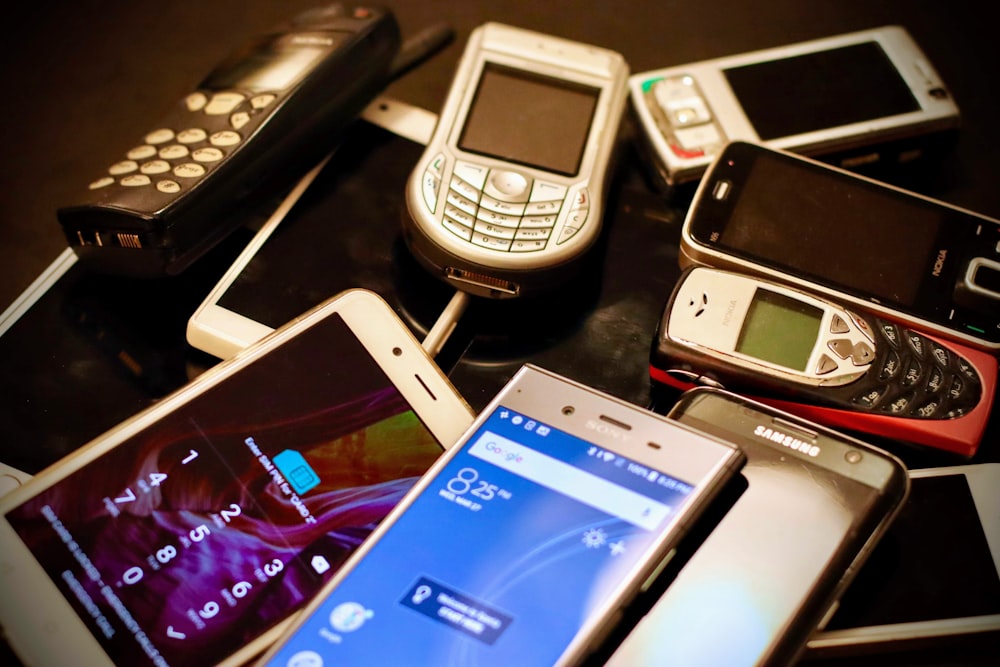Weekly Reflection #4

This week in class when we walked in and sat down, our teacher did a check in with each and every one of us, asking questions that allowed her to get to know us better. Almost immediately after that check in, we were asked to bring our phones up to the teacher’s desk. None of us students asked any questions. After we all brought our phones up, we were asked to bring up any other electronic devices we had on hand, such as smart watches. Again, none of us students ‘dared’ to question the teacher. I say the word ‘dared’ in quotations because the education system I grew up in was authoritative. For example, the teacher held the power, and the students were to follow. Therefore, the students did whatever the teacher said (within appropriate reason). I want to highlight the importance of the WHEN; when we were asked to hand over our phones, because it was not when we first walked in. This is important because as the first thing our teacher did was check in with us, we would often feel as the teacher cared about us outside of the classroom as well, developing the students and teacher relationship with trust. Yet, the very next thing our teacher did was ask for our phones, giving no explanation. I believe this would cause major trust issues in the classroom between students and their teachers. Students might even ask themselves the question “Why is this teacher asking for MY PERSONAL phone?” or “How come my teacher can take my property and I cannot ask for theirs?”. Yet, because of the given role of power teachers may present themselves with, these very valid questions students have often go unspoken. My class did not question our teacher or ask for her phone. This could be because of a certain respect and trust we have for our teacher, or due to the fact of our age of maturity and knowing there is a reason for it. However, education systems and relationships between students and their teachers are now trying to shift from this aspect of authority.
Nowadays, some schools are trying to turn entirely anti-phone for students. I think this is extremely ineffective. By doing so, it is obvious there is no mutual trust between students, teachers, and other authoritative figures in the schools. This is ineffective because it is not teaching the students anything except that we do not trust them to not be distracted while having their phones on them. Instead, we should be teaching them how to appropriately use technology in the classroom. Students should be able to have their phones in the classroom without it being considered a distraction. I believe the best way to teach appropriate technology use in the classrooms would be to lead by example. For example, if we are telling our students not to check their phones in class, then we as teachers should not be checking our phones either. Or to at least give an explanation to our students so they understand why. Otherwise, we allow our students to think that we as teachers are just being hypocritical because we have the power to do so.



Hi Meaghan,
I completely agree that the best way to teach appropriate classroom technology use is to lead by example, as is with many things. Like Joanna said, if the teacher is telling students to stop eating but while doing so is eating an apple themselves, it sends the wrong message and can be seen as hypocritical.
Another point I liked was that phone jails create a lack of mutual trust. Teachers, in general, are assuming phones are bad and students cannot be trusted with them in a learning environment. There needs to be open communication and trust between educators and students for their environment to flourish but that won’t happen with the idea of ‘phone jails’ looming.